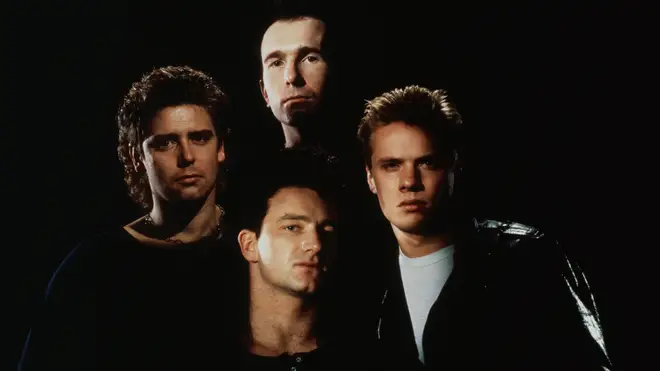On Air Now
The Evening Show with Dan O'Connell 7pm - 10pm
3 January 2019, 12:11 | Updated: 10 August 2020, 12:19
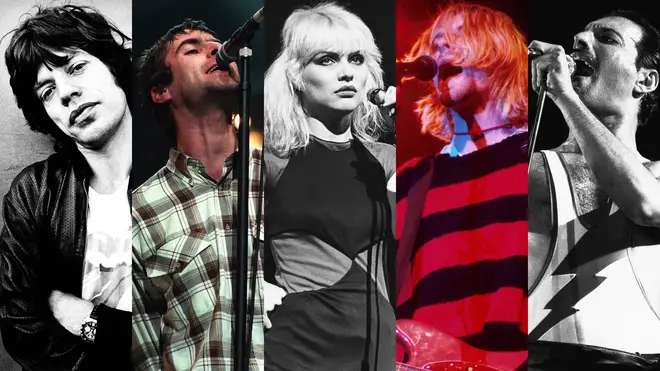
Who are the best bands in the history of rock? From Arctic Monkeys to AC/DC, The Beatles to Biffy Clyro, here are the essential groups you need.
Arguably the best British band of the Millennium? The Monkeys themselves probably think so.
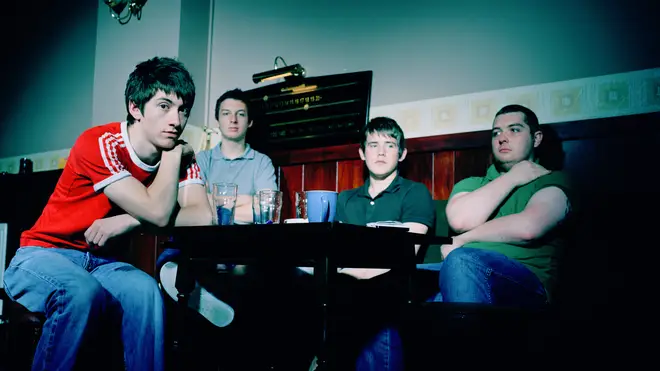
The nicest man in rock. The biggest rock band of the 21st Century. Simple.
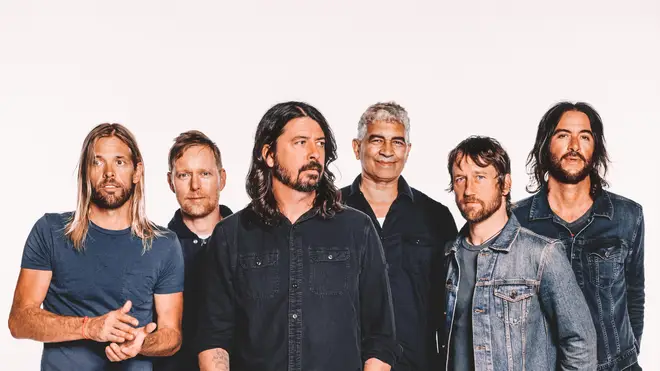
Never afraid to evolve, Blur have grown up a lot since the 1990s - but never stopped making challenging music.
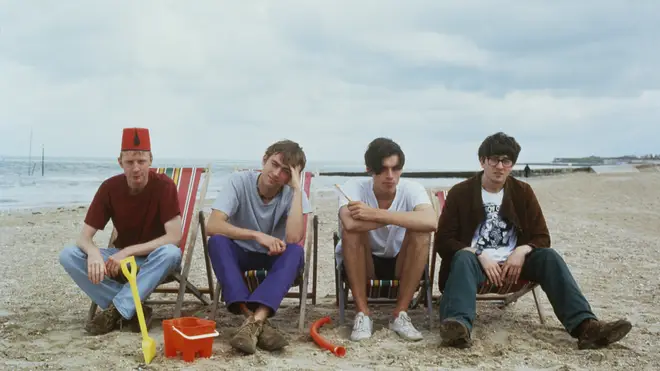
John Lennon, Paul McCartney, George Harrison and Ringo Starr: four men from Liverpool who literally changed the way we understood and enjoyed pop music. They will live on forever.
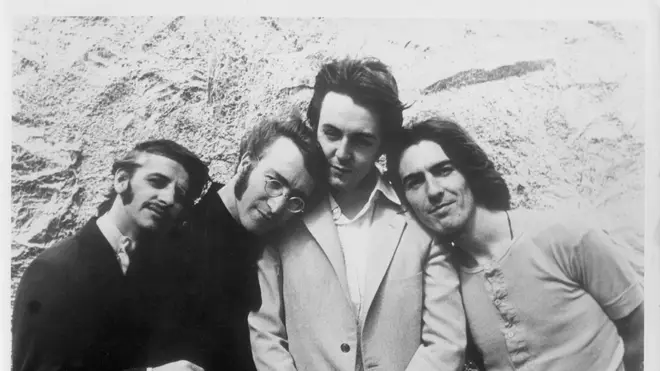
Oasis once turned the UK music industry upside down - and a reunion of Liam and Noel Gallagher is on a lot of people’s wish lists.
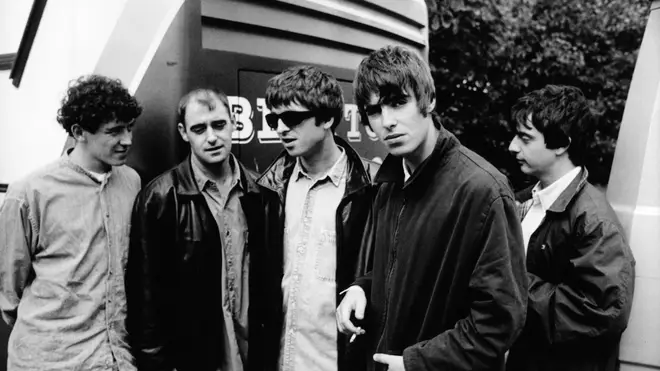
No other band captured the madness of the 80s rock quite like Axl, Slash and the boys did.
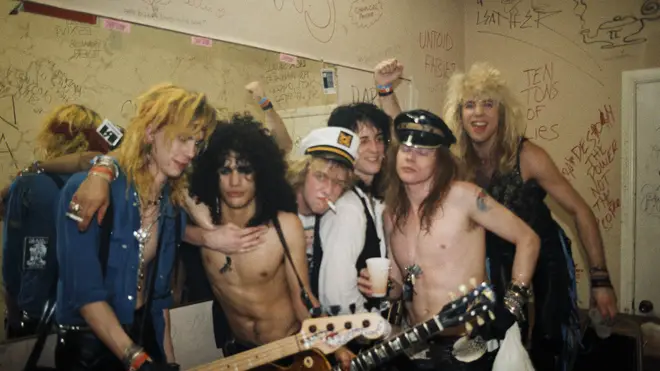
American Idiot reinvented the Californian punks and made a whole new generation love them.
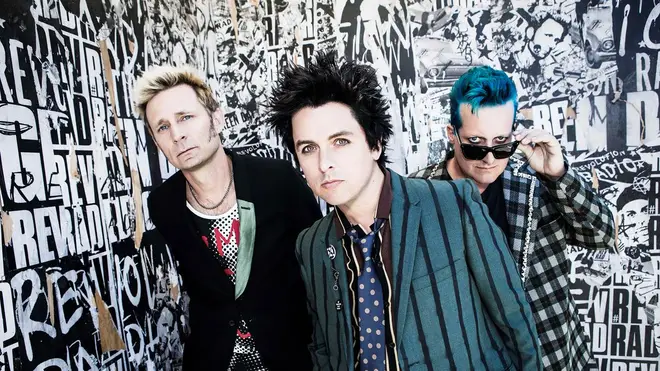
The hard-rocking Australians have been blasting eardrums since 1973 and kept going despite death, deafness and changing trends.
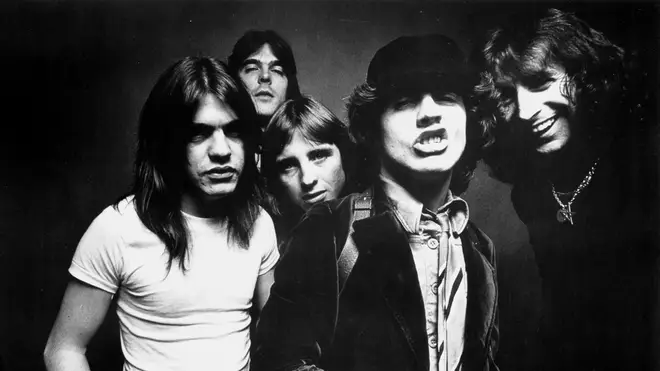
Florence Welch and her collective of like-minded friends are one of the best live acts in the world at the moment.
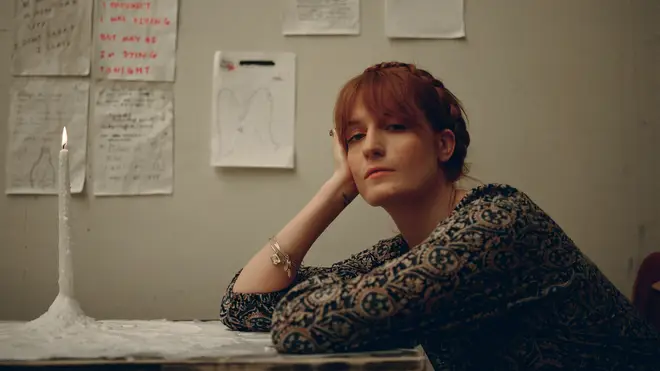
Middleton’s favourite sons have become one of the biggest live draws in the UK, thanks to Liam Fray’s superb songwriting.
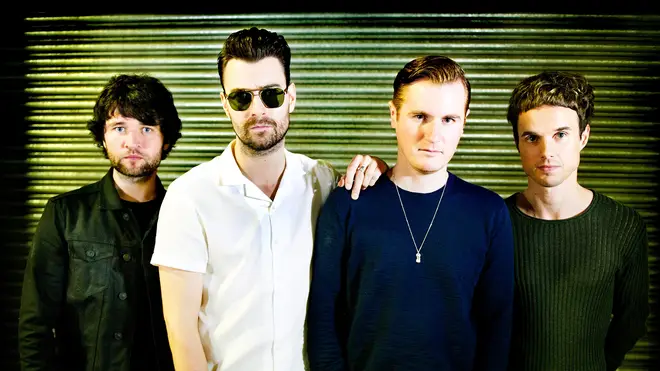
As influential as ever, Joy Division's dark sound remains as haunting now as it did in the post-punk years.
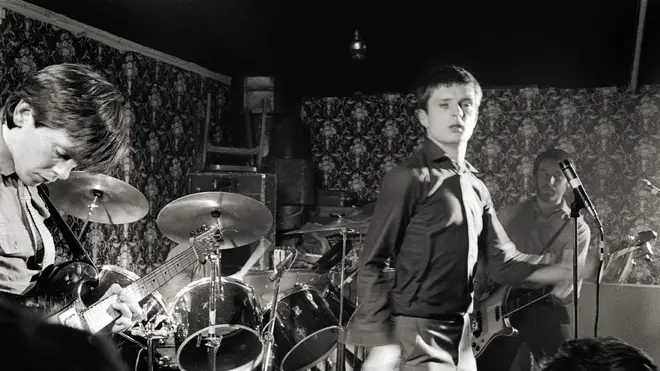
A band so good that they reduced fans to tears of joy when they got back together in 2012. Their debut album is a stone cold classic.
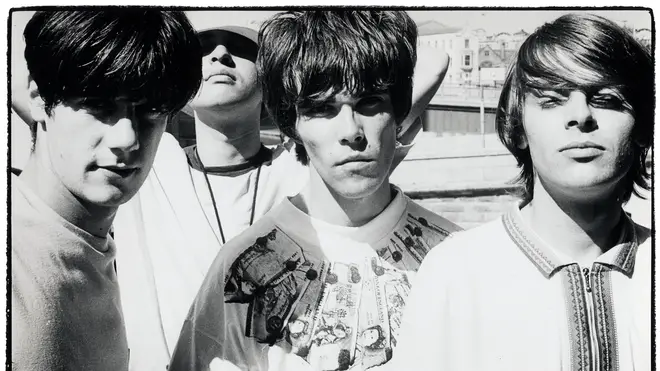
As they call themselves, they ARE the greatest rock ’n’ roll band in the world. Mick Jagger and Keith Richards are the quintessential rock duo.
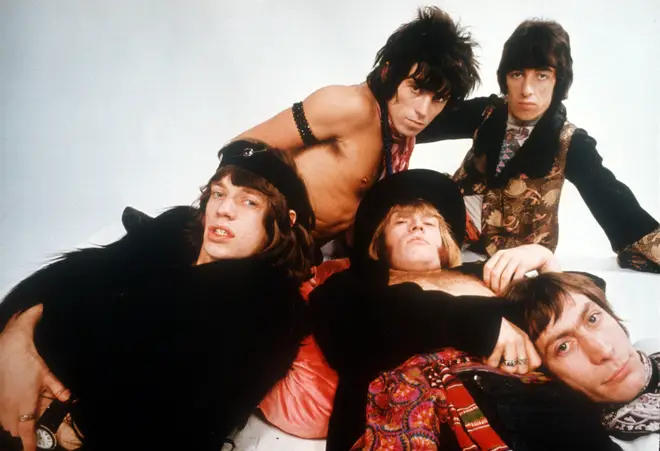
After years of hard work and raucous shows, the Biff became stars of rock in 2007. They're now one of the country's biggest acts.
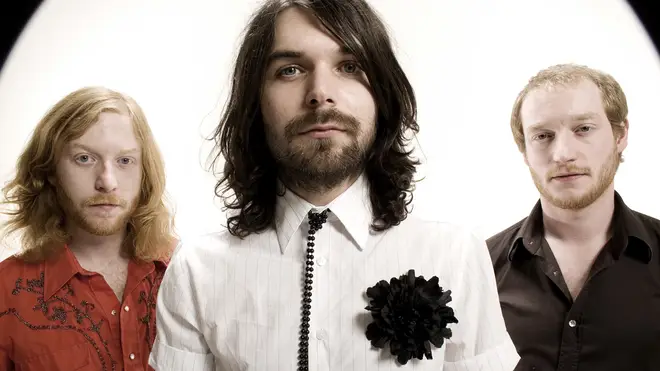
Ignore the haters, Chris Martin and the boys can write a tune that'll lift up the heaviest of hearts.
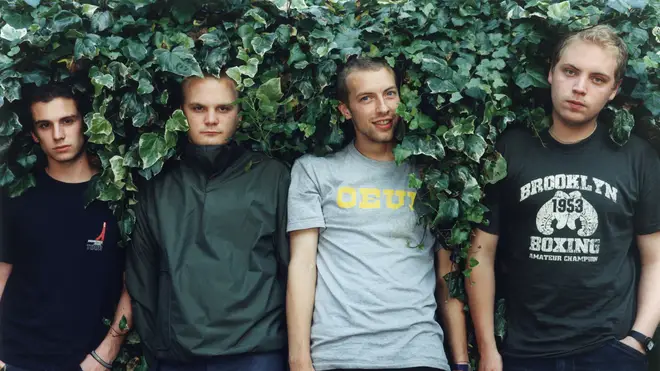
Fronted by the iconic Deborah Harry, these New York punks went stellar worldwide with some memorable hits.
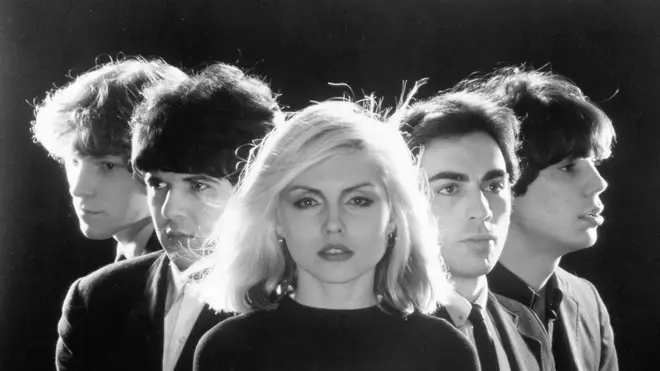
From their synth-pop roots in Essex to their dark rock stadium success in the 80s and 90s, Depeche Mode are a world-beating act.
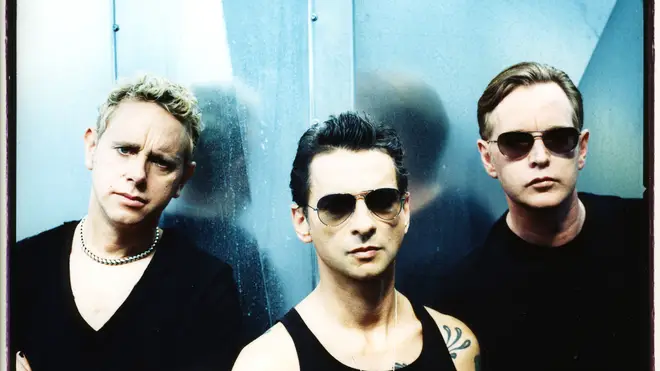
The heartfelt lyrics of Guy Garvey rightfully made Elbow the nation's favourite band.
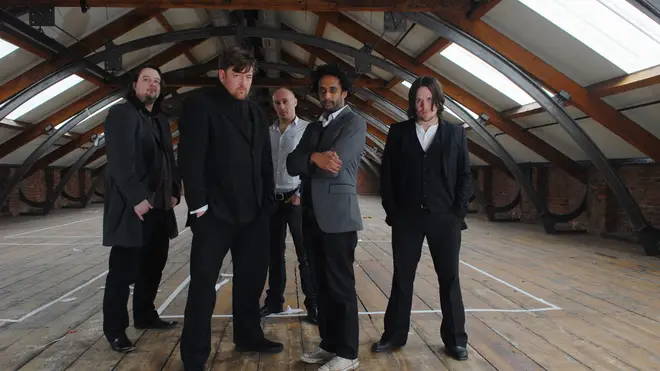
Founded as a blues band, this British-American group weathered line-up changes and transformed their style into the epitome of West Coast rock cool.
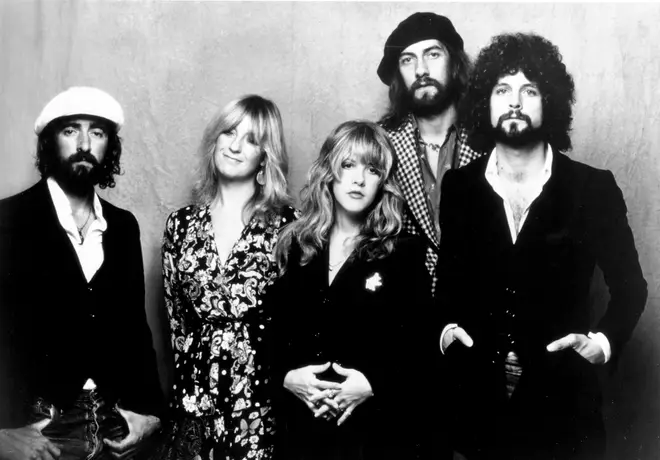
There's a reason people would sell their soul for a Zeppelin reunion - they invented the rock rule book.
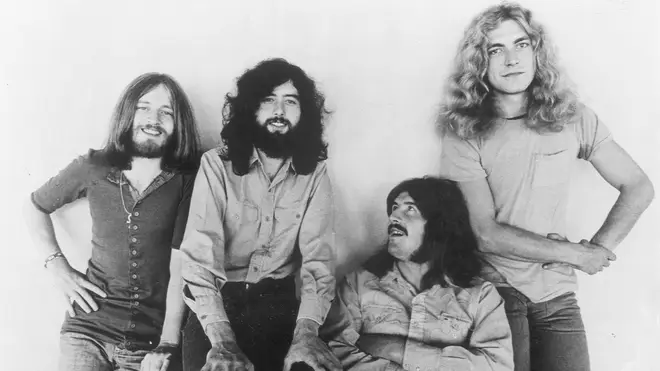
From eccentric psychedelia to stadium-straddling rock stars, the Floyd redefined what the rock album could do.
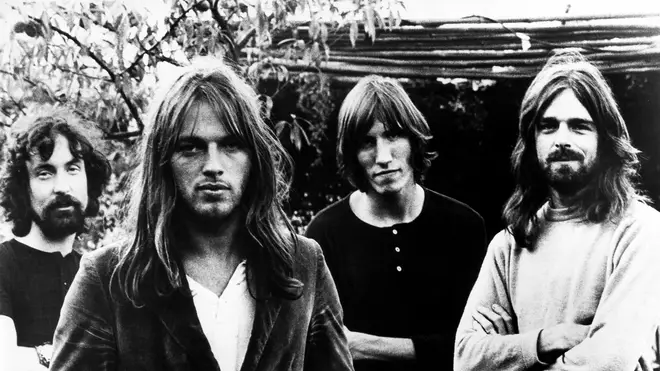
Muse have created their own sound and revolutionised what stadium rock can do. Not bad for three lads from Devon.
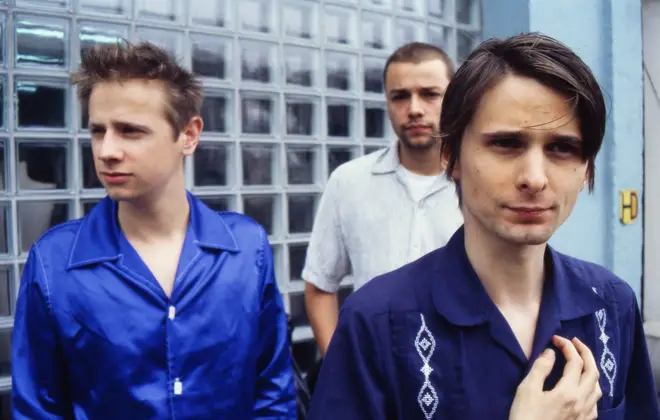
Sex On Fire made them superstars but the band's brilliant and eclectic back catalogue offers something for everyone.
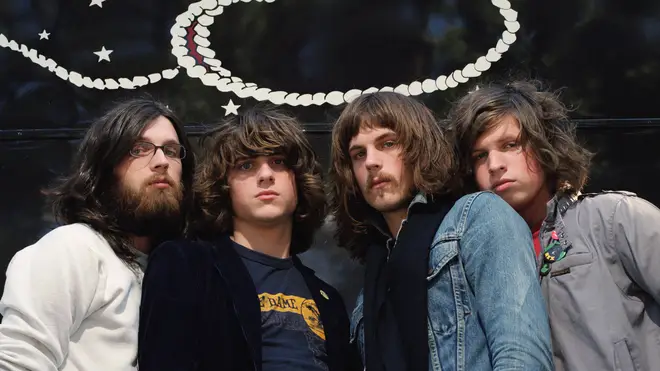
The unique songwriting collaboration between Morrissey and Johnny Marr, backed by the impeccable engine room of bassist Andy Rourke and drummer Mike Joyce.
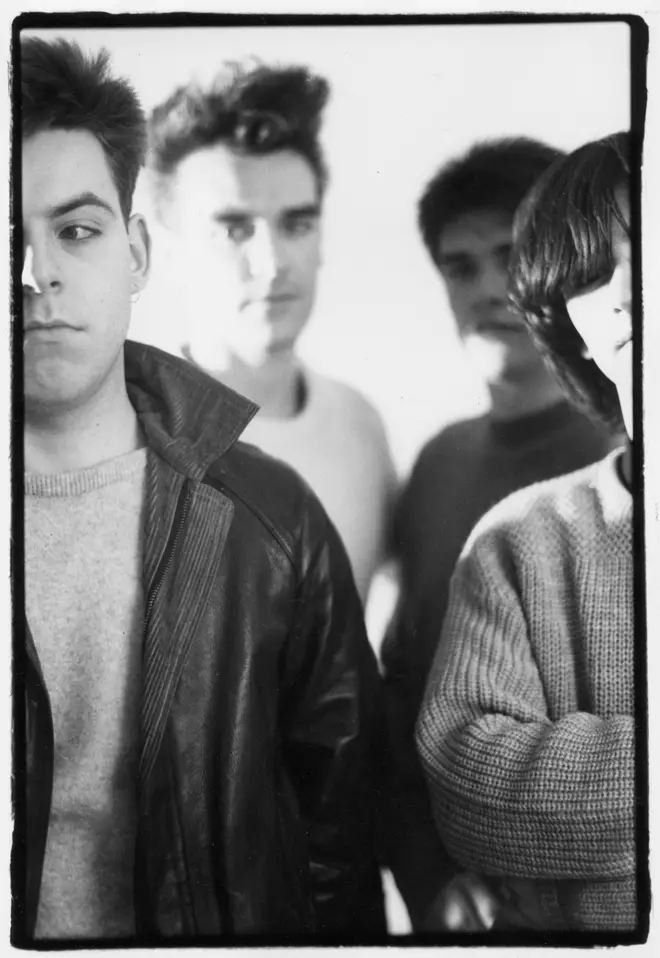
The sound of Generation X, now the blueprint for alternative rock, Kurt Cobain was the most charismatic frontman of the 90s.
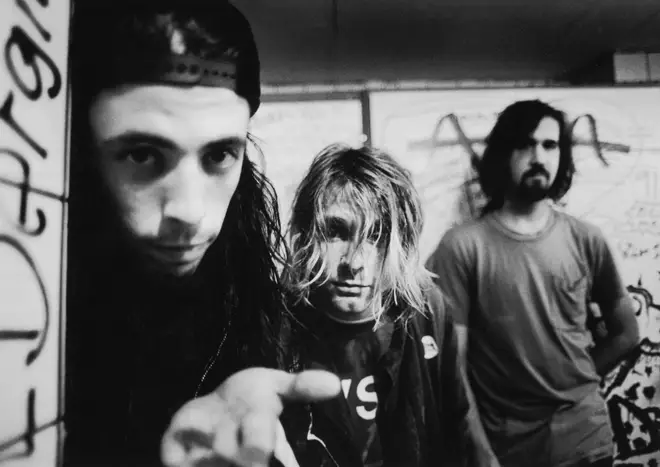
Prog rock meets stadium rock, courtesy of four incredible talents: Freddie Mercury, Brian May, John Deacon and Roger Taylor.
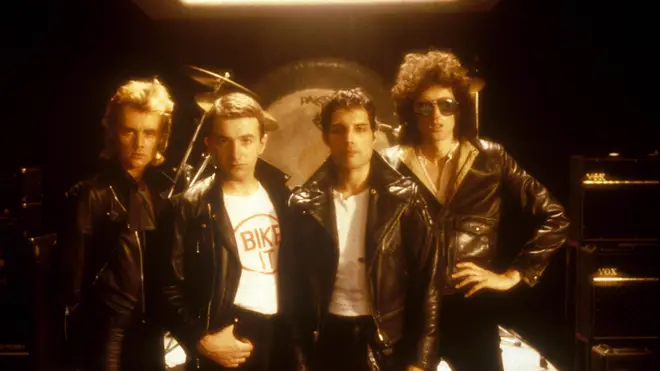
The Pulp recipe is simple: some of the smartest lyrics in history, courtesy of Jarvis Cocker, combined with some of the best melodies.
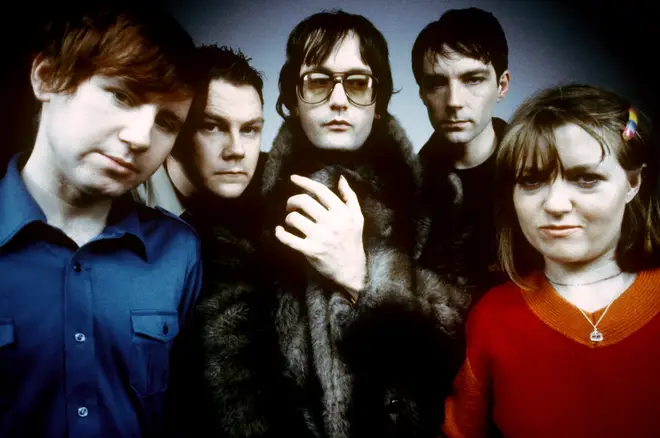
They epitomised the Mod movement in the 60s and forged the heavy rock movement in the 70s, Roger Daltrey, Pete Townshend, John Entwistle and Keith Moon were an iconic unit.
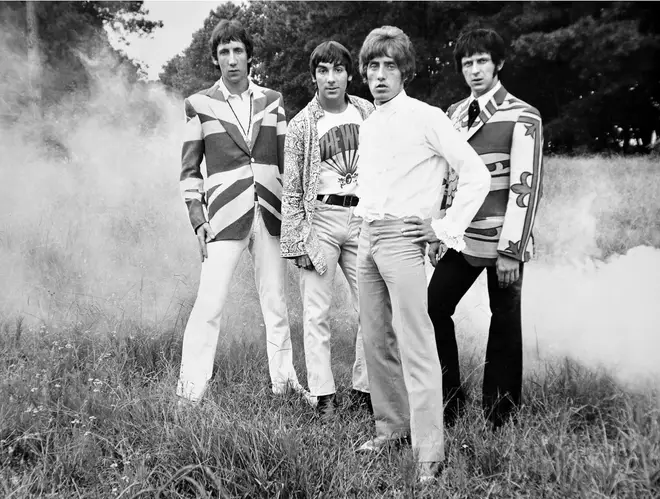
As soon as America took the folk rockers to their hearts, it became clear they were going to take over the world.
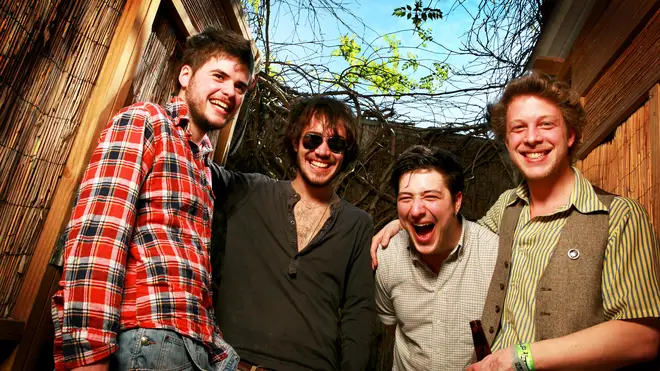
They've changed their sound over the years but never lost the incredible energy, thanks to the swagger of frontman Bobby Gillespie.
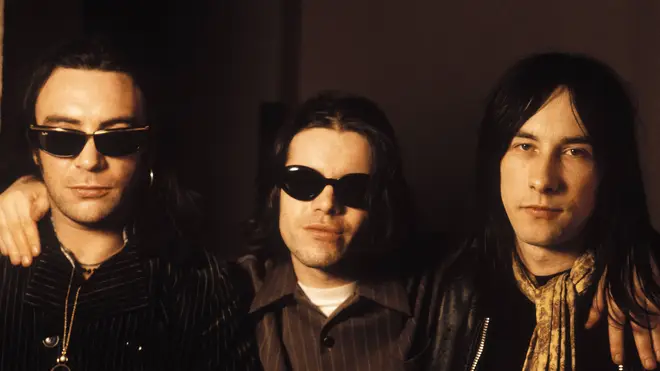
Lesser bands would have given up after Richey Edwards' disappearance but the Manics just got even better.
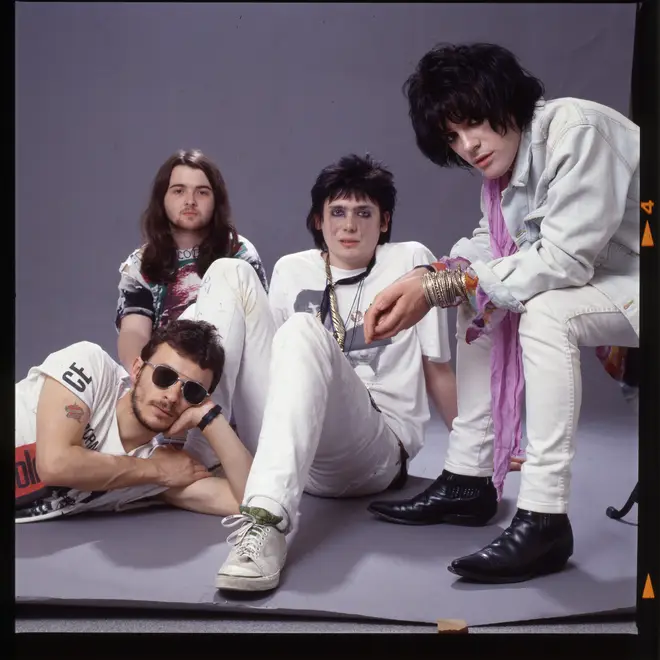
They started in the Britpop years, but transcended fashion with some intelligent, challenging rock music.
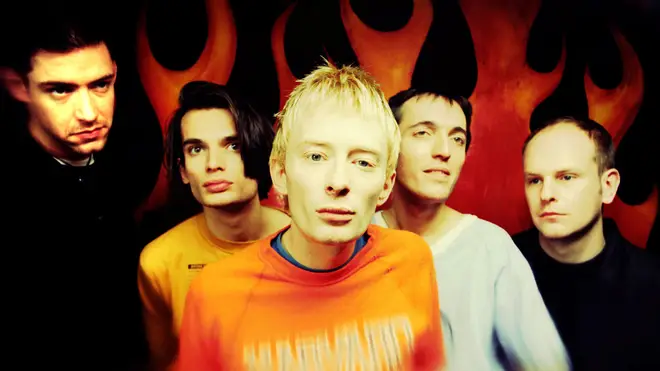
They went from underdogs to the biggest record deal in the music industry, but a reunion sadly seems unlikely.
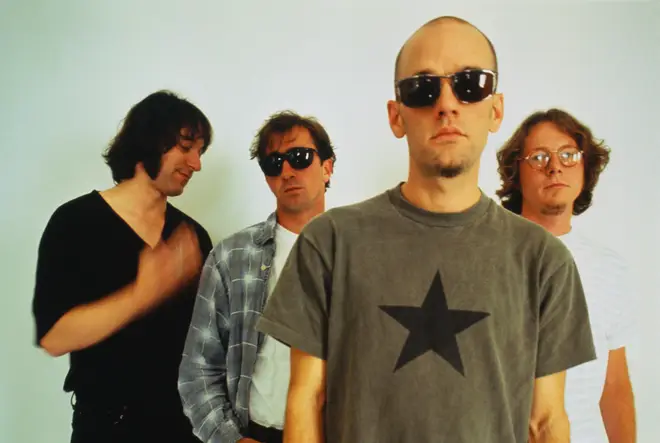
With a generation-spanning fanbase that loves them unconditionally, The Cure are a truly unique band.
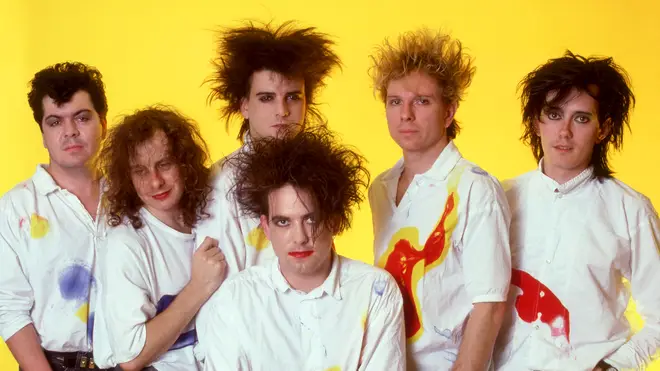
The Los Angeles funkateers have changed their line-up many time, but never lost their unique groove.
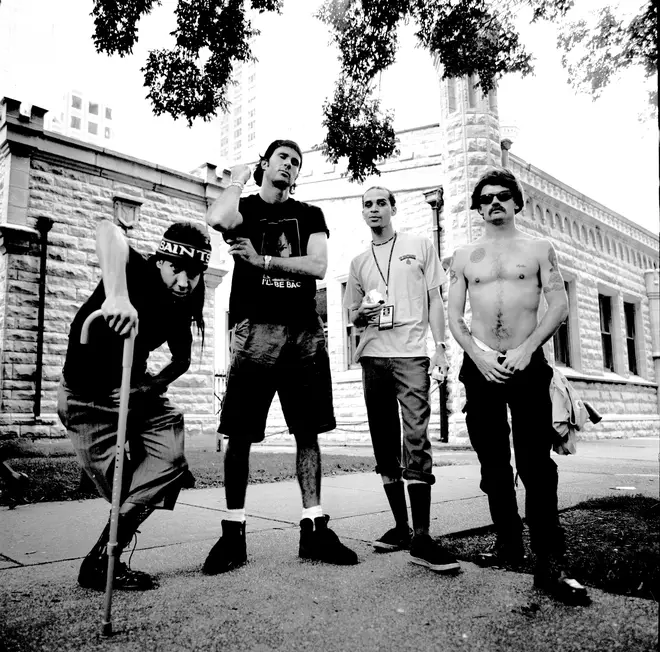
Remarkably young and remarkably fresh, The Jam didn't stick around long but left a lasting impression - and of course, frontman Paul Weller remains an icon.
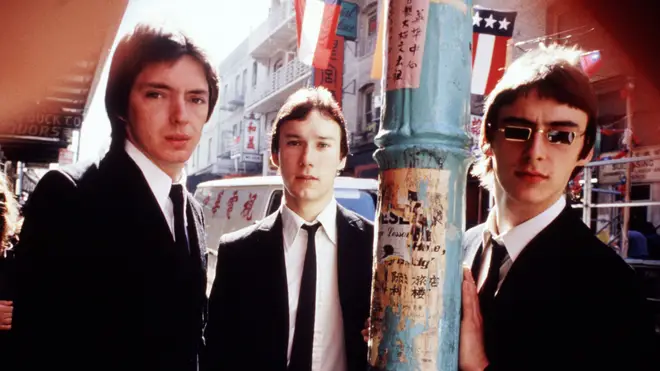
They gave rock music the kick up the backside it sorely needed in the early 2000s and for that we are eternally grateful.
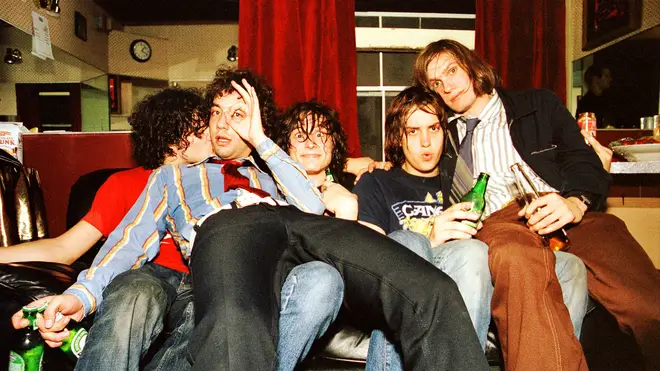
Bringing a classic British rock sound back to the charts, Stereophonics blasted out of Wales with debut Word Gets Around and never looked back.
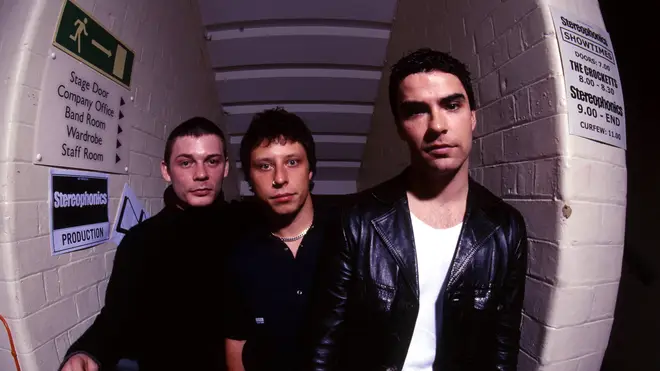
Throwing down the gauntlet for other 1990s Britpop titans, Suede sounded even more relevant when they reunited a few years ago.
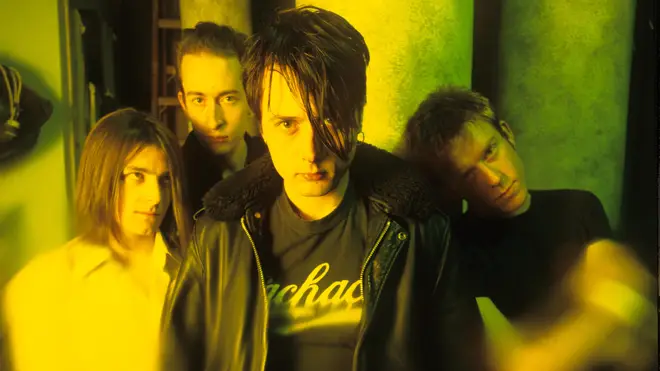
Never settling into one sound for too long, The Charlatans have reshaped themselves time and again and never lost their following.
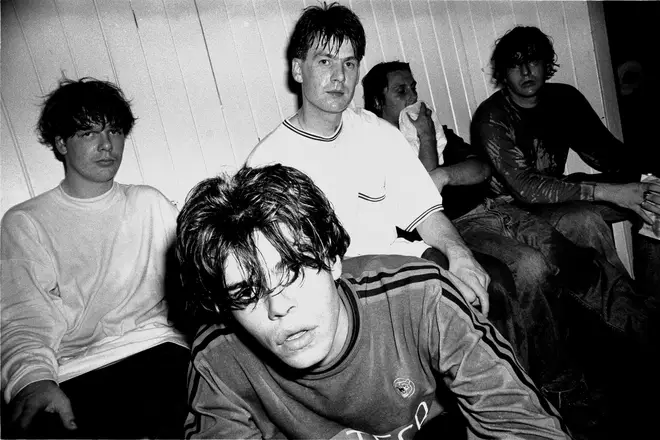
Blowing early comparisons to Joy Division out of the water, Editors became festival favourites for a very good reason and continue to produce addictive albums.
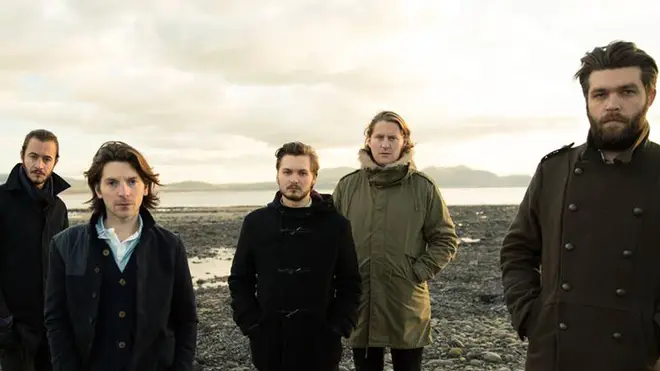
Loved when they first burst onto the scene and even more iconic now, The Clash added brilliant songwriting to punk's raw materials.
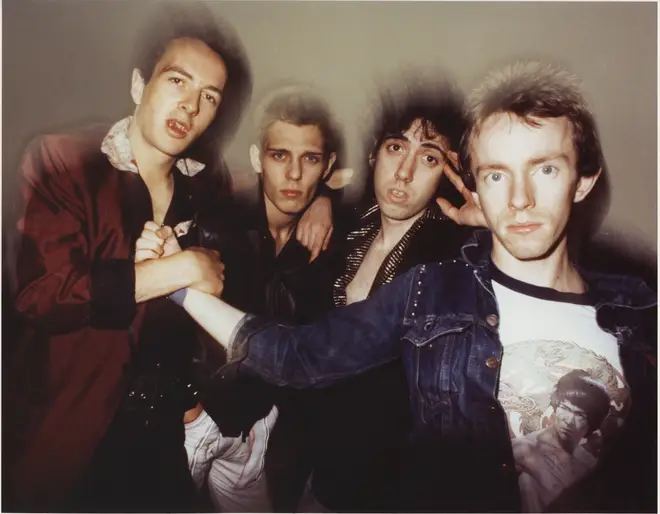
After a debut album that's still a classic, Bloc Party continue to perform compelling live shows.
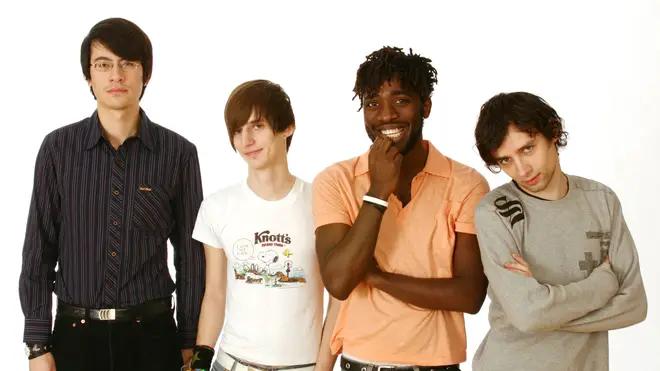
From the ashes of the beloved Joy Division came a new sound, electronic, danceable and uniquely Mancunian.
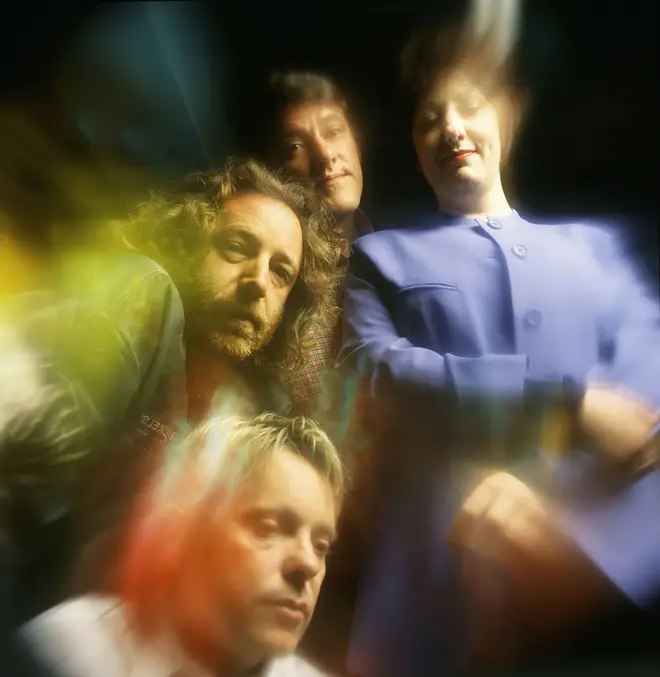
If you've ever been to an club and haven't danced to Mr Brightside, you're doing it wrong.
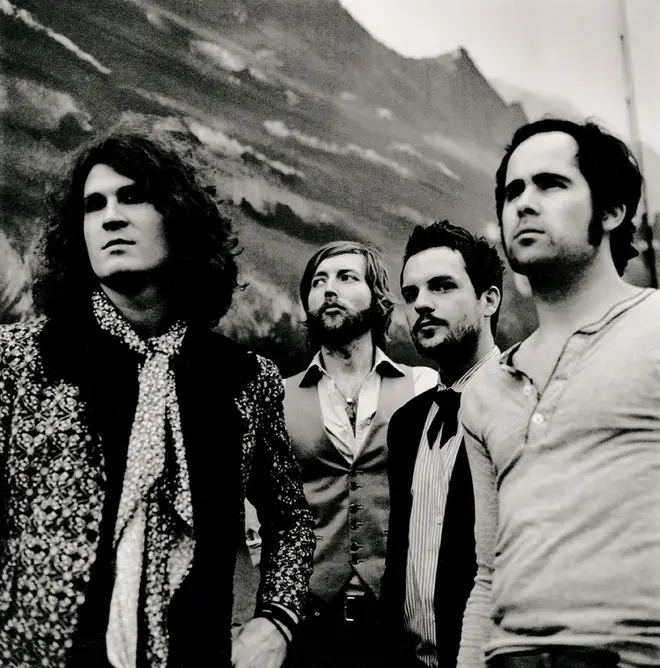
Thrilling fans with their love/hate/love bond, Carl Barat and Pete Doherty also turned out some of the finest British tracks.
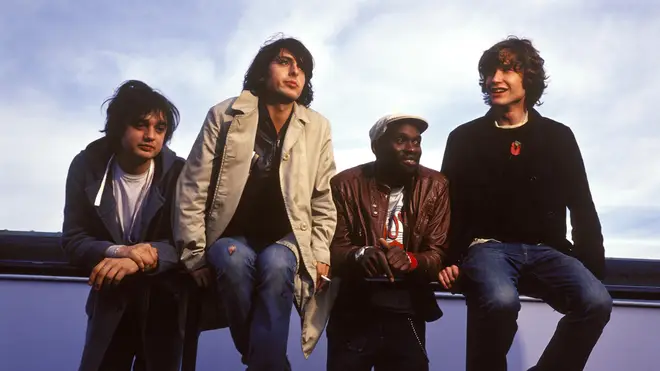
Love 'em or hate 'em, it's hard to deny that Bono and the boys put on a show like nobody else.
